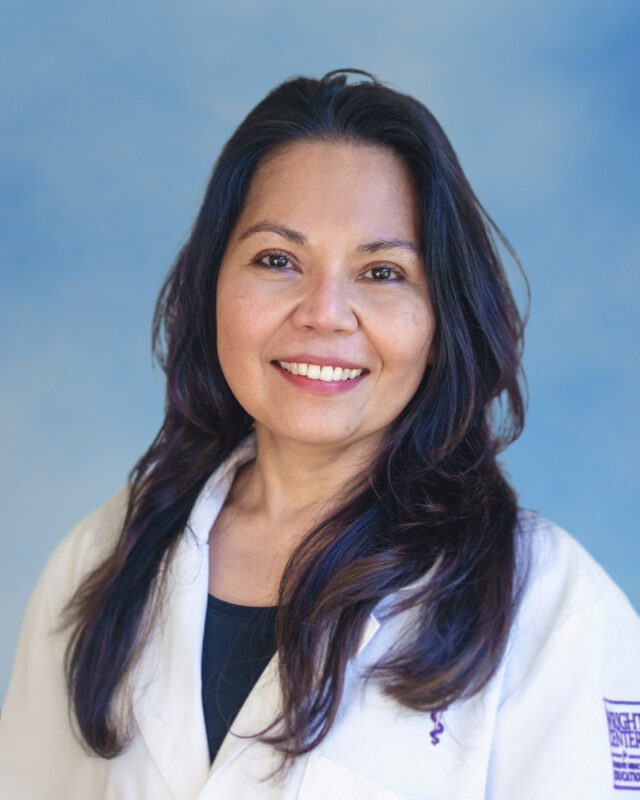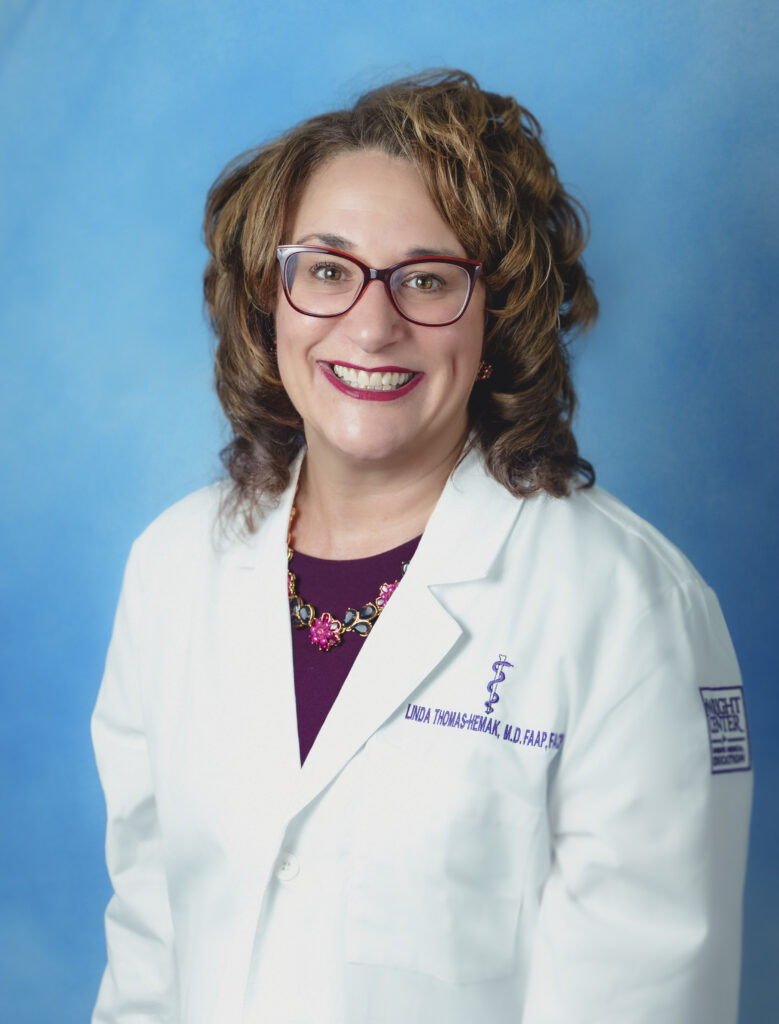By now, we are all too familiar with the utter tragedy that surrounds Alzheimer’s disease, given the lack of a cure and the staggering toll it takes on patients and their families.
Nevertheless, we in the medical community continue to work hard to improve the treatment for those living with Alzheimer’s and other forms of dementia, while admirable international campaigns like World Alzheimer’s Month shed valuable light on the subject.
Launched in 2012 and held every September, World Alzheimer’s Month focuses on raising awareness and challenging the stigma surrounding dementia. This year’s campaign is focused on getting people to recognize the warning signs of dementia and the importance of early diagnosis.
In the United States, more than 6 million people ages 65 and older are living with Alzheimer’s. One in three senior citizens dies of Alzheimer’s or another dementia – more than breast and prostate cancer combined. Meanwhile, more than 11 million Americans provide unpaid care for Alzheimer’s/dementia patients.
As grim as all of that sounds, I’m happy to report that strides are being made in the realm of Alzheimer’s/dementia research and treatment. At The Wright Center, we’re proud to offer clinical Alzheimer’s and dementia testing, evaluation and individualized care plans. And rest assured, you don’t have to be a Wright Center patient to benefit from this clinic’s services — our diagnostics and recommendations can be shared with your primary care physician, wherever they are.

Based on the award-winning model established at the University of California, Los Angeles (UCLA), The Wright Center’s Alzheimer’s and Dementia Care Program is designed to help patients and families with the complex medical, behavioral and social needs of Alzheimer’s disease and other types of dementia. At the heart of the program is a dedicated, first-class team of geriatricians, advanced practitioners and dementia care specialists who follow a co-management model that works closely with patients’ primary care and/or referring physicians to ensure that care is comprehensive and coordinated for both the patient and their family members/caregiver.
The program has several specific core components, among them:
- An in-person visit (approximately 90 minutes long) with a dementia care specialist;
- A personalized care plan developed with the primary/referring physician;
- Follow-up phone calls and/or in-person visits to ensure the plan is implemented or modified as needed;
- 24/7, 365-day-a-year access to caregivers for assistance and advice in order to avoid emergency department visits and hospitalizations;
- Ongoing patient monitoring with at least one annual in-person visit to ensure that ongoing and emerging needs are being met.
We’re hopeful that as awareness increases and more families seek testing and treatment early, we may see some real breakthroughs in Alzheimer’s and dementia within the next few years. For now, though, it’s incumbent upon us as medical providers to make sure patients are getting exemplary care, and that caregivers are receiving the tools and support they’ll need to get through this difficult experience. It’s a big commitment, but one we’re privileged to make. For more information on World Alzheimer’s Month, visit worldalzmonth.org.












